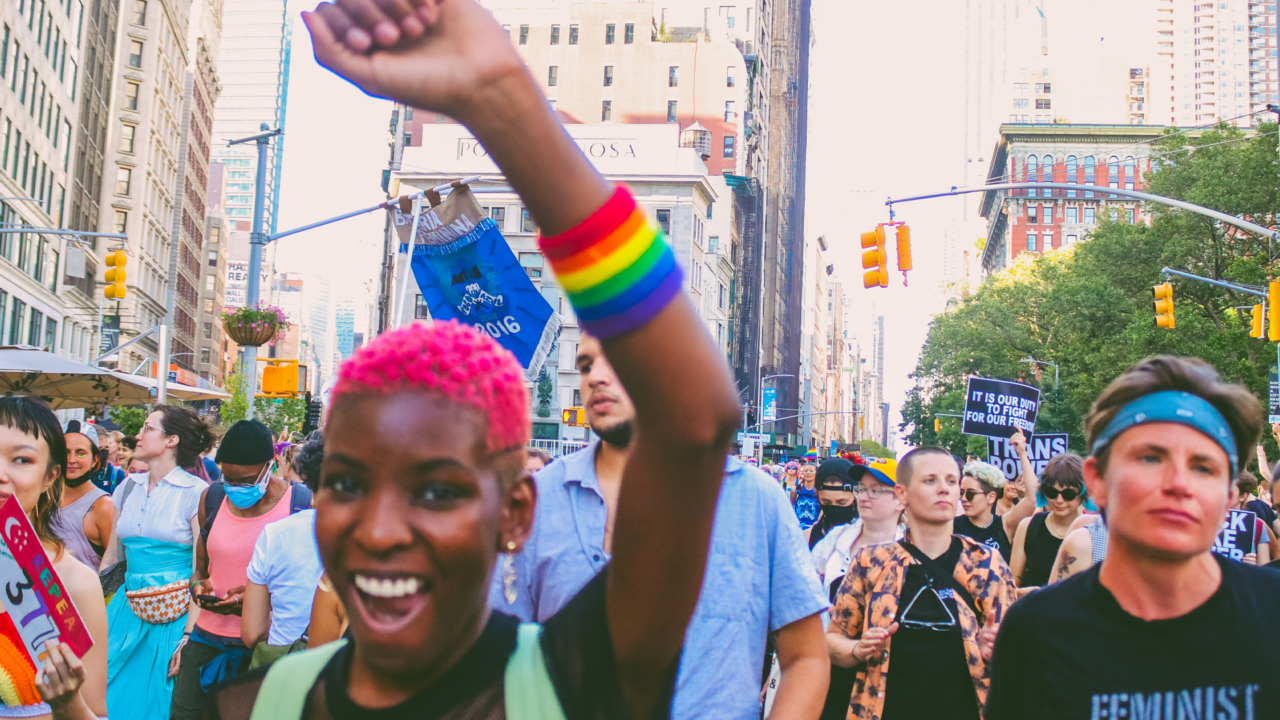From Noah Schnapp to Madonna, accusations of ‘queerbaiting’ have been the source of controversy and debate across social media, but the term has often been misunderstood and misused.
Just last week, Heartstopper star Kit Connor deleted Twitter after accusations that he had been ‘queerbaiting’ by playing a bisexual character in the popular Netflix show.
Pictures of Connor holding hands with his co-star in the upcoming film, A Cuban Girl’s Guide to Tea and Tomorrow, Maia Reficco led to Twitter users suggesting the 18-year-old had deliberately misled his LGBTQ fans.
Such a wave of criticism on social media encapsulates the danger of the misuse of such a loaded term.
Understanding the term ‘queerbaiting’
Queerbaiting is a marketing ploy when a character or relationship is implied to be queer, but never explicitly labelled as such.
This allows tv shows and films, and even celebrities themselves, to appeal to a queer audience without openly representing them, thus maintaining their conservative audiences.
Popular BBC show Sherlock was a famous target of these accusations. Despite creator Mark Gatiss firmly stating that they had “explicitly said this is not going to happen,” fans pointed to the shows’ insistent references to a potential romantic relationship between the main characters, Sherlock Holmes and John Watson.
Irene Adler, one of the seemingly potential love interests of Holmes accuses Watson of being ‘jealous’ of her flirting with him, whilst Watson’s girlfriend Jeanette refers to him as being a ‘very good boyfriend’ to the detective.
These allusions to a relationship between the two men attracted a large queer following to the show, sharing theories on when ‘Johnlock’ would finally be confirmed on the show.
In 2020, TikTok became the site of an April Fool’s prank in which famous TikTokers seemed to come out as bisexual to will.i.am’s “Boys & Girls”, before later admitting they were actually straight.
This ‘prank’ of pretending to come out was unsurprisingly met with disappointment and criticism of fans who accused them of faking their sexuality in order to gain views and likes from a young queer audience.
Seeing someone you admire come out publicly provides a hugely important life raft for young people struggling with their own journey; to exploit this often difficult and painful process epitomises the damage that queerbaiting can cause.




















